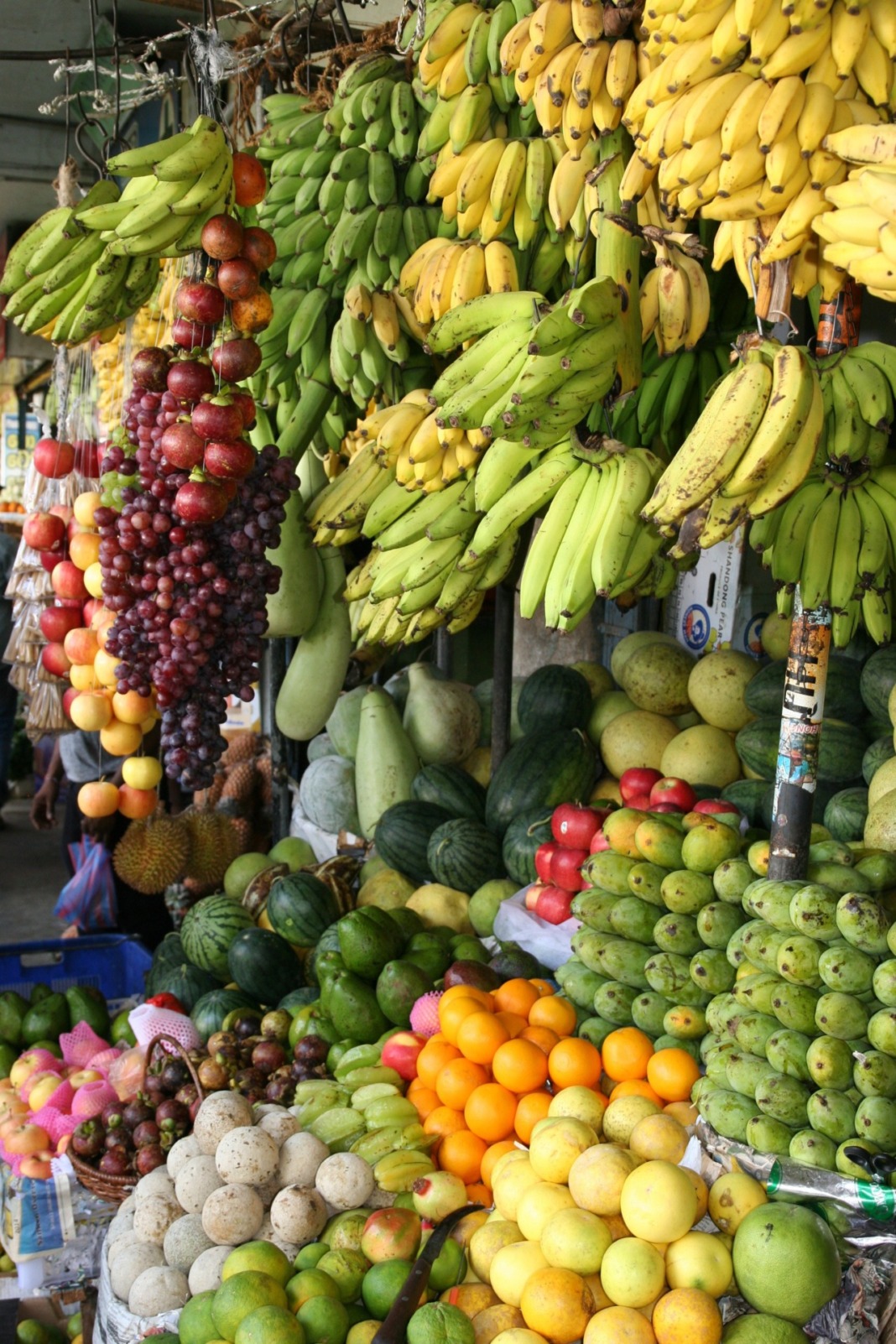In a recent announcement, Prof Mojisola Adeyeye, the Director General of the National Agency for Food and Drug Administration and Control (NAFDAC), cautioned the public about the potential health hazards linked to the consumption of fruits ripened with calcium carbide. She emphasized that such fruits could lead to severe health complications, including cancer, heart failure, kidney failure, and liver failure.
Calcium carbide which is a chemical compound, is commonly used in the artificial ripening of fruits. It works by releasing acetylene gas, which accelerates the fruit’s ripening process. However, this method poses significant risks to human health. When calcium carbide comes into contact with moisture, it produces acetylene gas, which is highly flammable and can have detrimental effects on the body when consumed.
Prof Adeyeye further highlighted that consuming fruits ripened with calcium carbide may result in various adverse effects, such as frequent thirst, irritation in the mouth and nose, weakness, permanent skin damage, difficulty in swallowing, vomiting, and skin ulcers. These alarming findings were shared during the official flag-off of NAFDAC’s media sensitization workshop on the dangers of drug hawking and the ripening of fruits with calcium carbide.
The practice of ripening fruits with carbide has become a pressing concern, prompting NAFDAC to adopt a multifaceted approach to combat the issue. Fruits play a crucial role in providing the body with essential micronutrients, improving immunity, and preventing diseases. However, the consumption of fruits like mango, banana, plantain, guava, orange, grape, and others ripened with calcium carbide can pose serious health risks.
Prof Adeyeye explained that while fruits artificially ripened with calcium carbide might appear ripe on the surface, their insides remain unripe. She advised consumers to be cautious when identifying artificially ripened fruits, noting that bananas and plantains, for instance, often exhibit a yellow color throughout the fruit while having a dark stem. In contrast, naturally ripened fruits typically display brown or black spots, while artificially ripened fruits may show traces of powdery substances and peel off more easily.
To address the health hazards associated with the ripening of fruits using carbide, NAFDAC has commissioned a scientific study to determine the best approach for mitigating these risks effectively. The study aims to explore alternative methods of fruit ripening that do not pose harm to consumers. NAFDAC also plans to intensify public awareness campaigns, partnering with farmers, traders, and consumers to promote safe and natural fruit ripening practices.
In addition to the warning about fruits ripened with calcium carbide, the NAFDAC Director General also urged the public to refrain from purchasing medications from drug hawkers. She stressed that most of the drugs sold by these individuals are counterfeit, substandard, or expired, posing significant dangers to health and well-being.
As NAFDAC continues its efforts to safeguard public health, it is vital for consumers to remain vigilant and make informed choices when purchasing and consuming fruits while ensuring they obtain medications from authorized and reputable sources. By promoting awareness and adopting safe practices, individuals can protect themselves and their loved ones from the potential health risks associated with the consumption of artificially ripened fruits and counterfeit medications.



